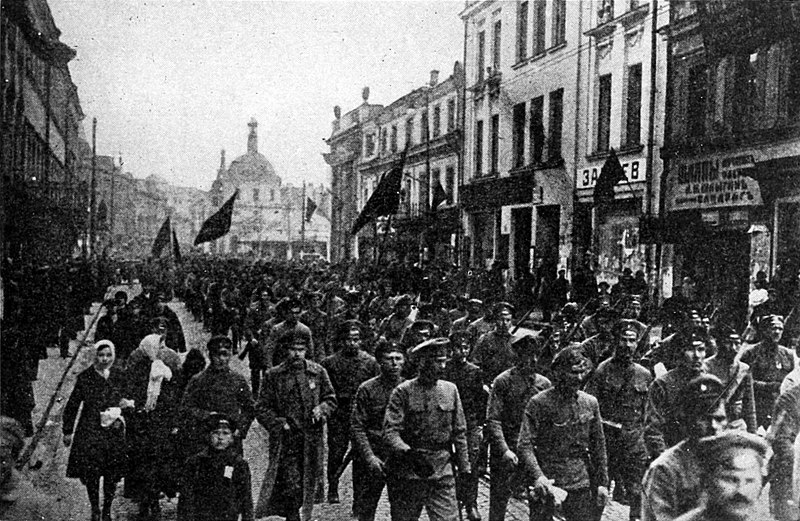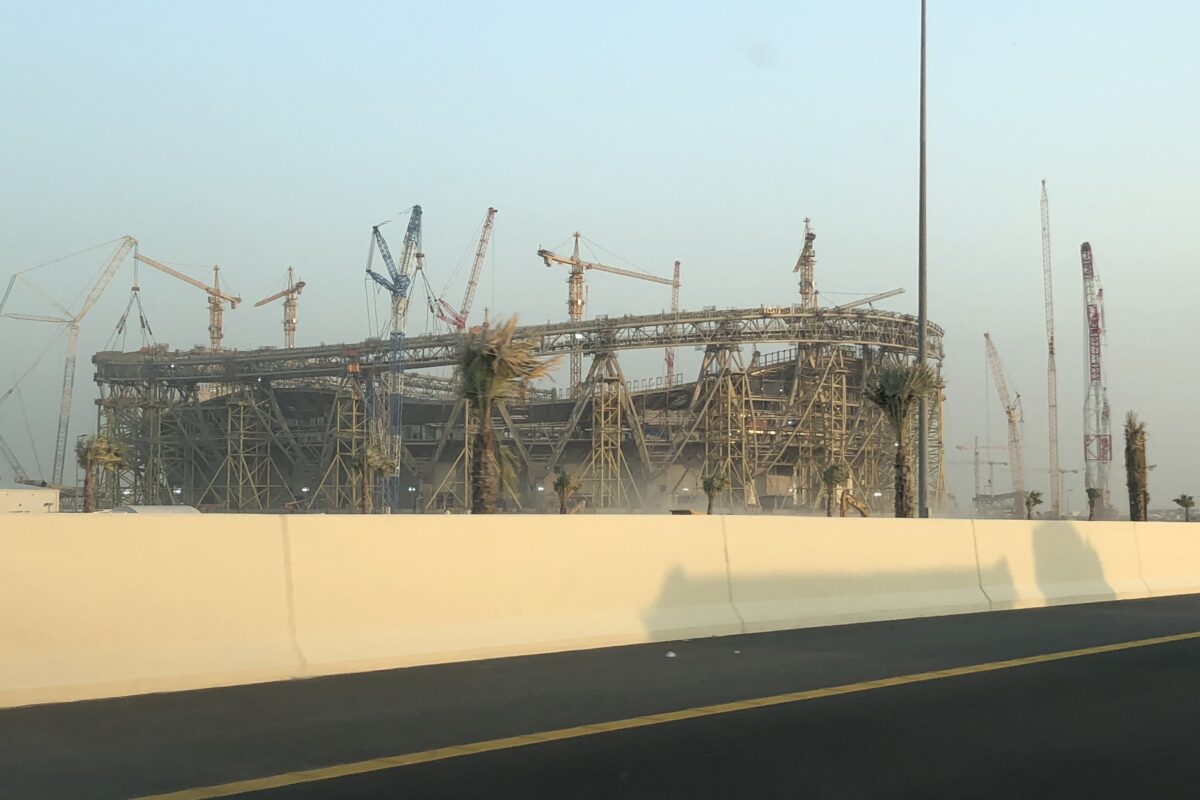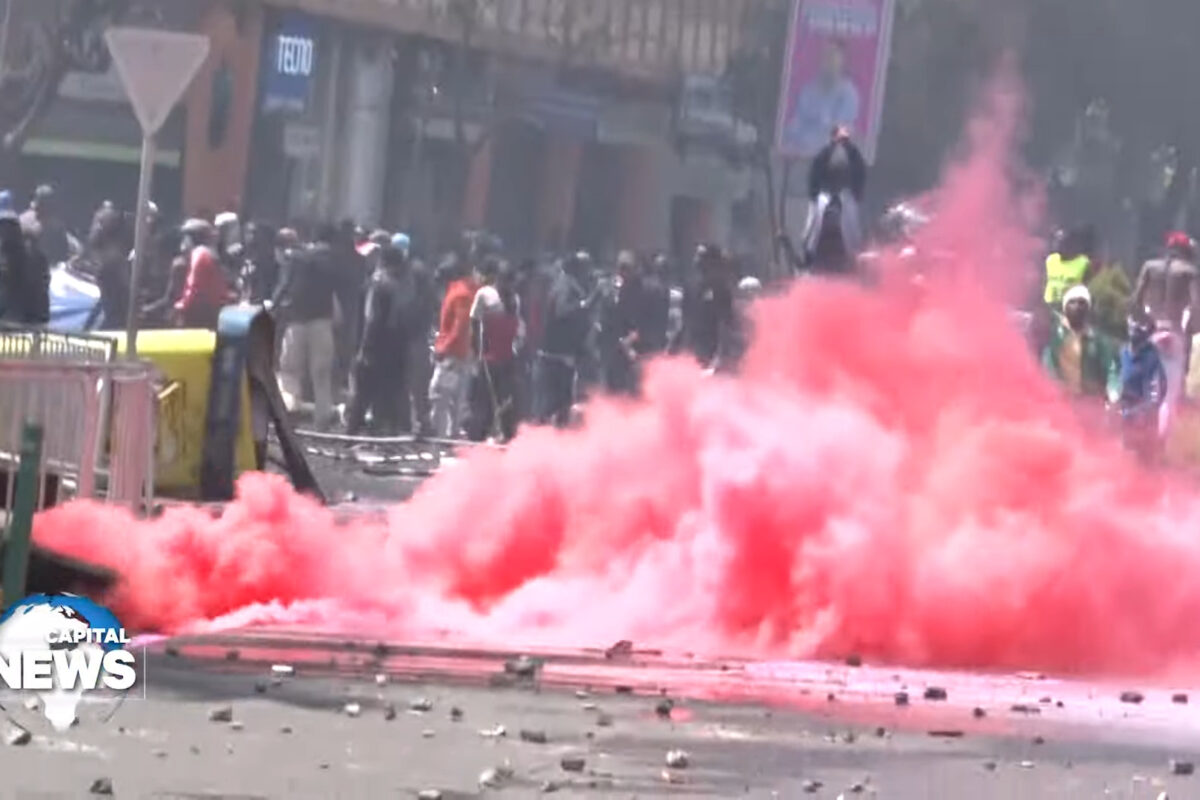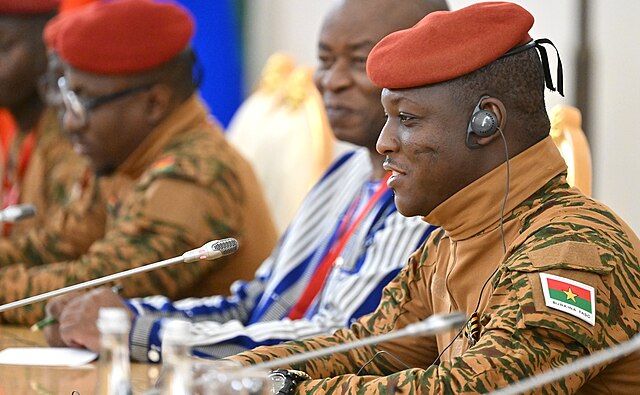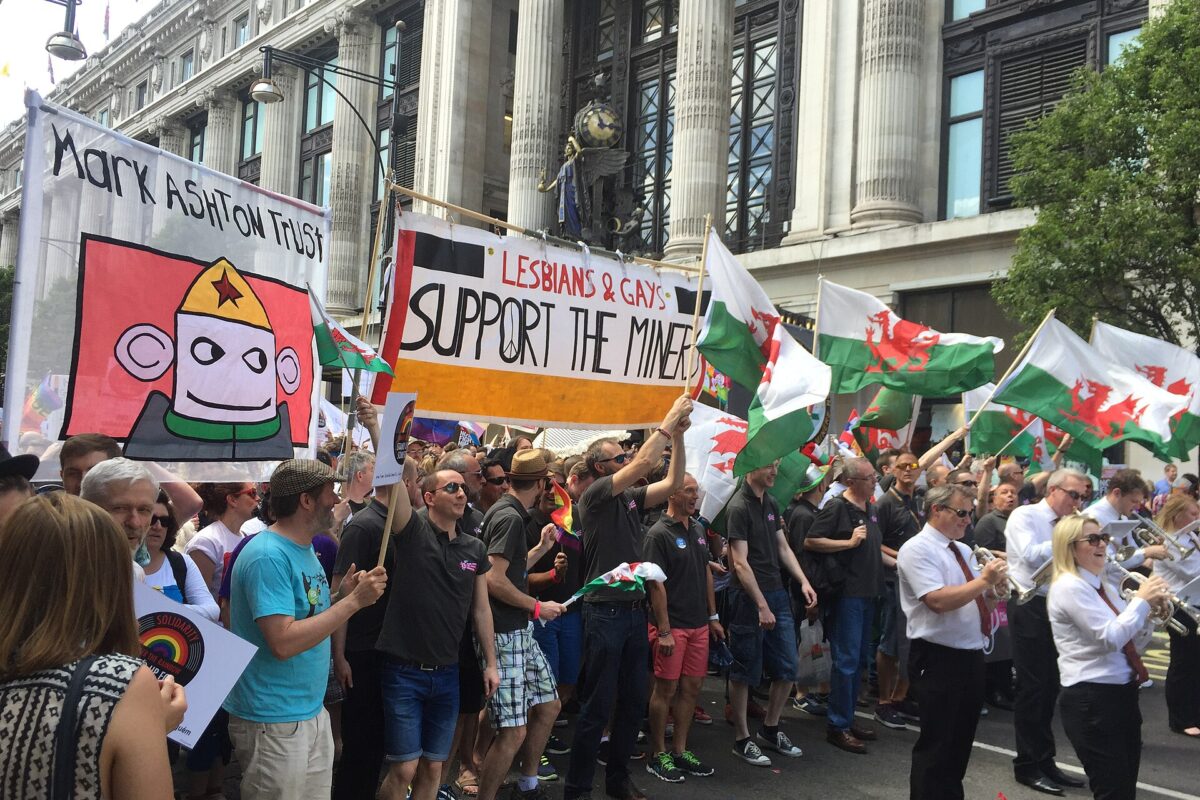The war in Ukraine poses a unique challenge for the left and the working class. As comrade Ali rightly points out, the international character of the conflict cannot be disputed. It has disrupted essential food networks around the globe; amplifed its horror beyond the immediate shock of mutilated bodies; and displaced people. However, I disagree that the left ought to take the measures that the comrade prescribes in favour of maintaining an internationalist approach. Specifically, I contest that we ought to support the Ukranian state in bringing about a swift end to the war.
More than a century ago, the Second International was faced with a pivotal crisis regarding the split between those who supported their respective country’s entry into war and those which opposed it. Between the theoretical and pragmatic failures abound during this pandemonium, the subsequent crisis led to a destruction of leftism across Europe, enabling counter-revolution. This is felt in the Soviet Union’s degeneration into Stalinism, and in the seeds of Nazism at the hands of Ebert and Freikorps thugs.
Every subsequent war reignites and illuminates the failures of radicals past. When we begin to examine the struggles of labour among parties involved in the war in Ukraine, we see exactly what the fervour of Russian imperialism and its bourgeois opposition has wrought. Once again it has unleashed the beast of reaction and has forced workers into the corner.
Already across Eastern Europe we are starting to see what powers are granted to the bourgeoisie under the premise of war. In Ukraine, as comrade Ali pointed out, the bourgeoisie are on the offensive, pushing aggressive pro-capitalist legislation. However, the analysis offered by Peter Korotaev demands a closer examination of what the liberalisation of labour laws spells for Ukrainian workers.
Vitaly Dudin shows that the force majeure exception caused by the Russian invasion, enables a very wide attack on the legal rights of the working class. These involve: exempting employers from liability for late payment of wages; moratoriums on labour inspections; as well as exclusions from wartime stipends for workers not located directly in a war-zone. Even as the Ukranian economy is liquidated by Russian fire.
In addition, Law No. 2136 enables the transfer of employees without their consent to another job (Article 3); dismissal while on sick leave, paid and unpaid leave, as well as without the consent of trade unions (Article 5); the increase of the maximum duration of the working week to 60 hours (Article 6); suspension of legislation and collective agreements, which provided for deductions to trade unions for physical culture and mass work (Article 14).
The Ukranian state is therefore waging two wars – one against Russian imperialism, and a second against its working class. Furthermore, it is unlikely that this second conflict would cease upon the termination of the first conflict. The post-war reconstruction is imagined by Ukranian prime minister Denis Shmyhal as an international investment project, champing at the bit to welcome Western conglomerates. The end of the war on the terms of the Ukranian government – without an eye on class struggle – leaves us to be outmaneuvered for the crackdowns to come.
Further to the north, we see how warfare spreads bourgeois crackdowns among Ukranian allies. The Lithuanian chemical plant ‘Achema’, a sizeable producer of nitrogen-based fertiliser, saw a strike organised by more than 100 workers on February 8th . That saw wide support from unions in and outside of the country. It was the first strike of its kind in a private enterprise since the country’s withdrawal from the Soviet Union, and at its peak was considered to set a precedent for strikes in other industries such as Lithuanian Rail.
The terms of the strike concerned a plethora of grievances – from demands to increase stagnant wages; proper compensation for overtime (which became more frequent and worse from the pressure of shortages caused by the pandemic); to the formalisation of existing contracts. Chief among them was a demand for a collective agreement between the workers and the owners of the plant, which the general director dismisses as ‘a little piece of paper’.
However, the strike was suddenly terminated by the anti-labour wartime measures imposed following the Russian invasion. Specifically, it was through the “Emergency Situation” decree, which grants the federal government extensive powers. It is intentionally legislated to be anti-labour, with one provision involving a ban on all strikes in the country, as specified in the Lithuanian labour codex. It has seen extensive use in the past few years due to the COVID-19 pandemic as well as the recent Belarus border refugee crisis.
Unsurprisingly, the suspension of the ‘Achema’ strike extinguished the momentum of the movement. With the termination of the strike came the forced expulsion of the trade union from the plant’s grounds, a common tactic to separate representatives from workers. In addition, in the past few weeks, the plant has announced mass layoffs, blamed in part on the increased costs for natural gas required to produce fertilizer.
However, the owners of the parent company still boast having one of the richest women in the country at the helm. The disguise of increased production costs creates a two-pronged attack on local workers – who are kept captive by a shortage of labour opportunities in the nearby town. This allows management to fire workers with impunity while they are at their most vulnerable, and to write it off because of war.
The consequence of the Emergency Situation decree also halted another famous strike waged by the Public Transport of Vilnius (VVT) trade union. The strike was spurred on in part by ‘Achema’ strikers, giving transport workers greater courage to act. It primarily concerned a failure of the municipal government to uphold the collective agreement reached in 2018.
However, the VVT union has been at the forefront of long-standing disputes for close to a decade. Despite the flourishing Vilnius economy, drivers were often left to foot the bill of municipal mismanagement and neo-liberal city planning. The militancy of the union was a thorn in the municipality’s backside for a while. Now the Emergency Situation decree strips them of their most effective means of enforcing demands.
Between ‘Achema’ and the VVT dispute – the Lithuanian bourgeoisie, just like the Ukranian bourgeoisie – are exploiting the wartime opportunity to assault the working class. Regardless of whether workers are blown to bits by bombs or starved out by soaring inflation and energy costs, the bourgeoisie retain their solidarity in brutalising the dominated class.
On the other side of the conflict, Russia has been seeing labour crackdowns as well. The Ural Compressor Plant in Yekaterinburg has been experiencing growing worker discontent since the outbreak of the war. Workers have not received their wages for neither April nor May. It is safe to assume that wages will likely be postponed for the subsequent months as well.
In June, the figure for the unpaid salaries of 300 workers was estimated to be more than 20 million rubles. In response, 50 of the 370 workers at the factory initiated a strike, to which the general director of the plant, Denis Tasakov responded by invoking the spirit of Stalinism, claiming that ‘no one went on strike during the Great Patriotic War (WWII)’.
Closer to the frontlines, in the Russian-occupied Donbas, 430 miners in the town of Dovzhanska have been conscripted to fill the front lines. Serhyi Haidai, the governor of Luhansk proudly deployed the same chauvinist rhetoric in announcing this initiative. Even behind the information blockade and language barrier, it is clear that the Russian bourgeoisie are in international solidarity with their western foes – boasting wartime spirit whilst collecting a dragon’s horde of surplus value at the end of legislation.
The picture is clear. Workers are sent to the front line to massacre other workers. Those that are put to work back home lose their basic rights and are re-moulded to make up for lost profits. The war in Ukraine sets the precedent for a generalised conflict, with imperialism as the sign of global carnage yet to come.
What is required is support for the working class as a whole. This means recognising the class conflict brewing in capitalism generally, and especially its character under warfare. As leftists, we owe our focus not to the assurance of arming the Ukrainian state, but to the strength of the working class. Nowhere is this best exemplified than in the railway sabotage by Belarus rail workers. Shortly after the strikes and attacks were conducted, the Russian offensive was crippled, and the front lines began to shift. This was done without coordination by NATO and without weapons shipments to Ukraine.
Just as the Petrograd sailor’s mutiny put the brakes on the Eastern Front and on Czarism, and the Kiel revolt launched Germany into revolution, so too can an organised working class banish the specter of imperialism. Only through class solidarity can we truly ever contest eternal wars, and we must do this by supporting workers directly.
